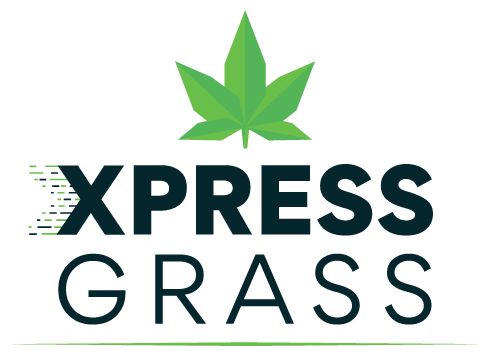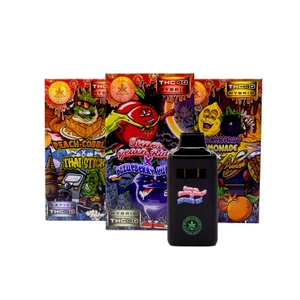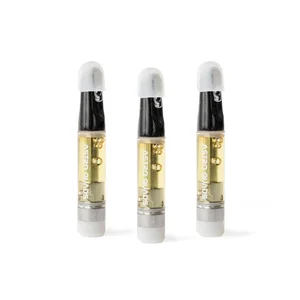Table of Contents
- Understanding Chronic Pain
- The Science Behind CBD
- CBD for Chronic Pain Management
- CBD Dosage for Pain
- CBD vs. THC for Pain
- Alternative Pain Relief Options
- Conclusion
- FAQ
Chronic pain affects millions of people worldwide, significantly impacting their quality of life. Traditional pain medications often come with side effects and risks, leading many to search for alternative pain management solutions. Cannabidiol (CBD) is a natural compound found in the cannabis plant that has shown promise in helping manage chronic pain. In this article, we will explore how CBD works, and its potential benefits for chronic pain management and answer some common questions about its use.
Understanding Chronic Pain
Chronic pain is any pain lasting longer than 12 weeks, despite treatment or medication. It can arise from various causes, including injury, illness, or nerve damage. Chronic pain can also be a symptom of an underlying health condition, such as arthritis, neuropathic pain, or back pain. The impact of chronic pain on quality of life is significant, making finding effective pain management options crucial for those suffering from chronic pain.
The Science Behind CBD
CBD, or cannabidiol, is a compound found in the cannabis plant. It is one of over 100 cannabinoids and is non-psychoactive, unlike its cousin THC. CBD works by interacting with the body’s endocannabinoid system (ECS), which plays a key role in regulating various physiological processes, including pain management. CBD’s interaction with the ECS can help modulate the way receptors respond to stimuli, potentially reducing pain and inflammation.
CBD for Chronic Pain Management
CBD oil, CBD cream for pain, and CBD tinctures are some of the most common forms of CBD available for pain management. They can be used to address various types of chronic pain, such as CBD for arthritis pain and CBD for chronic back pain. Using CBD for chronic pain management is becoming increasingly popular due to its potential benefits and natural pain management approach.
CBD Dosage for Pain
Determining the appropriate CBD dosage for pain can be challenging, as it varies depending on factors such as body weight, individual tolerance, and the severity of the pain. It is recommended to start with a low dose and gradually increase it until the desired effects are achieved. Consulting with a healthcare professional can also help determine the best dosage and form of CBD for your specific needs. To learn more about CBD dosage, check out this article.
CBD vs. THC for Pain
CBD and THC are both cannabinoids found in the cannabis plant, but they have different effects on the body. THC is the psychoactive compound responsible for the “high” associated with marijuana use, while CBD is non-psychoactive. This distinction makes CBD more appealing for those seeking pain relief without the intoxicating effects of THC. To explore more about the differences between CBD and THC, read this article.
Alternative Pain Relief Options
In addition to CBD, there are other alternative pain relief options for those seeking natural pain management solutions. These may include:
- Acupuncture
- Massage therapy
- Physical therapy
- Herbal remedies
- Yoga and meditation
Each individual’s experience with chronic pain is unique, and it may take some trial and error to find the most effective pain management strategy for your specific needs.
Conclusion
In conclusion, CBD shows promising potential for managing chronic pain due to its interaction with the endocannabinoid system and its ability to reduce inflammation. With various forms of CBD available, such as CBD oil, CBD tinctures, and CBD cream for pain, it can be a viable alternative for those seeking a natural approach to pain management. However, it is crucial to consult with a healthcare professional to determine the appropriate dosage and form of CBD for your specific needs. As research on CBD continues to expand, it is possible that we will see CBD become a more mainstream option for chronic pain management in the future.
Frequently Asked Questions
What is chronic pain?
Chronic pain is any pain lasting longer than 12 weeks. It can be caused by injury, illness, nerve damage, or an underlying health condition. It significantly impacts the quality of life.
How does CBD work for chronic pain management?
CBD interacts with the body’s endocannabinoid system (ECS), modulating the way receptors respond to stimuli, potentially reducing pain and inflammation.
What forms of CBD are available for pain management?
CBD oil, CBD cream for pain, and CBD tinctures are common forms used for managing chronic pain, such as arthritis pain and chronic back pain. For more information on CBD tinctures, click here.
How can I determine the right CBD dosage for pain?
CBD dosage for pain varies depending on factors like body weight, individual tolerance, and pain severity. It’s essential to start with a low dose and gradually increase. Consult a healthcare professional for guidance. To learn more about CBD dosage, read this article.
Is CBD legal?
CBD’s legality depends on the country and local laws. In the United States, CBD derived from hemp (with less than 0.3% THC) is federally legal, but state laws may differ. Research the laws in your area before purchasing or using CBD products.
How long does it take for CBD to work?
The onset of CBD’s effects depends on the method of consumption. Vaping and sublingual administration produce effects within minutes, while edibles and capsules may take




